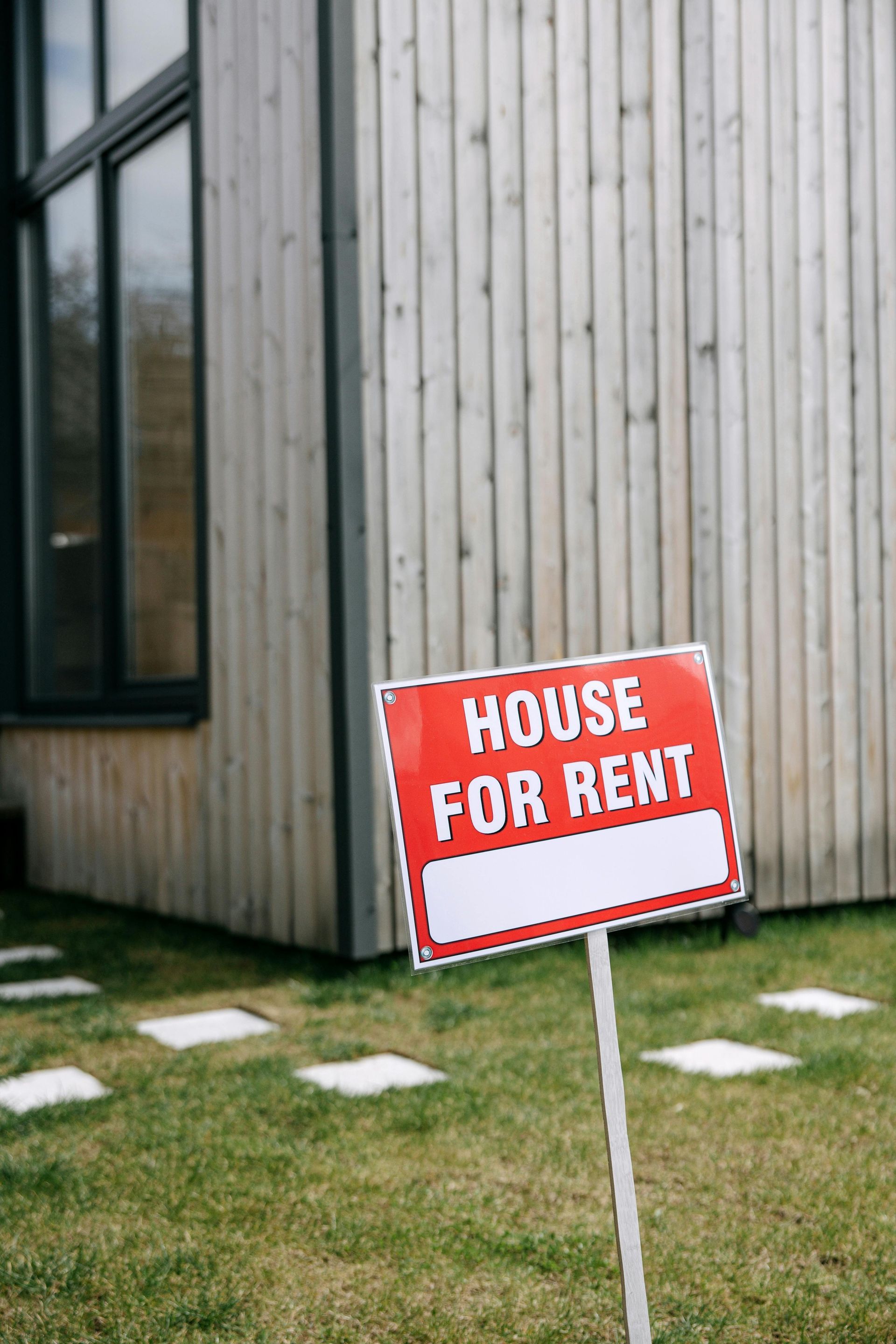4 Types of Mortgage-Related Insurance Every Homebuyer Should Know
Understanding the different types of insurance that come up in the mortgage process, and which ones you actually need.
Buying a home comes with a lot of moving parts, and insurance is one of those topics that often causes confusion. Some policies are mandatory, others are optional, and a few mainly protect the lender rather than you.
To make things easier, here’s a breakdown of the four main types of insurance you’ll hear about during the mortgage process — what they mean, when they apply, and how they affect you.
The Four Types of Insurance
- Default Insurance (CMHC, Sagen, Canada Guaranty)
- Title Insurance
- Mortgage Life Insurance
- Homeowner Insurance
Let’s go through each one.
1. Default Insurance
Often called “CMHC insurance,” this protects the lender if you default and your home sells for less than what you owe.
- When it’s required: If your down payment is less than 20%
- Applies to: Homes under $1.5 million
- Cost: Added to your mortgage and paid over time
- Key point: Even though it protects the lender, you pay the premium. Lenders sometimes offer slightly lower rates on insured mortgages, but the added cost usually makes them more expensive overall.
2. Title Insurance
Title insurance protects against ownership issues such as fraud, survey errors, or undiscovered problems with the property.
- Lender policy: Usually required to protect the bank
- Owner policy: Optional, but recommended since it protects you directly
- Cost: One-time fee (often under $400) that covers you for as long as you own the property
3. Mortgage Life Insurance
This is life and disability insurance that covers the mortgage if you pass away or can’t work due to illness or injury.
- Optional: Not required by your lender
- Cost: Based on your age, health, and mortgage size
- Note: As a broker, I offer Manulife MPP which is great for interim coverage since it kicks in right away and has a 60-day money-back guarantee. That said, I always recommend speaking with an insurance advisor to find a plan that’s best for you long term.
4. Homeowner Insurance
Also called property insurance, this protects the home itself against risks like fire, theft, or flooding.
- Mandatory: Required by lenders before closing (if you are buying a condo, the strata insurance is likely sufficient for the lender but its always wise to look at adding your own to conver any gaps.)
- Timing: Proof of insurance must be provided to your lawyer before signing final paperwork
- Flexibility: You can shop around, but the policy needs to meet lender requirements
Why This Matters
Understanding these insurance types helps you:
- Avoid surprises during the mortgage process
- Know which costs are mandatory versus optional
- Protect both your investment and your peace of mind
Real-World Example
A first-time buyer purchases a condo for $700,000 with a 10% down payment ($70,000).
- Because their down payment is under 20%, they need default insurance. The premium (about $19,000) is added to their mortgage.
- Their lawyer requires proof of homeowner insurance before closing, which costs about $1,200 per year.
- The lender gets a title insurance policy, and the buyer also chooses their own for $200 to protect against fraud or defects.
- The couple takes out interim mortgage life insurance (MPP), then later switches to independent coverage through an insurance advisor.
By knowing what each insurance covers, they’re prepared for every step of the process.
Quick Summary
•
Default Insurance: Mandatory under 20% down — protects the lender
•
Title Insurance: One-time cost — protects you against fraud and title issues
•
Mortgage Life Insurance: Optional — covers the loan if you pass away or can’t work
•
Homeowner Insurance: Mandatory — protects the property itself
Next Steps
If you’re getting ready to buy a home, take a little time to understand which insurances apply to your situation. Some are required, some are optional — but all play an important role in your financial plan.
If you’d like help navigating this process, I’m just a call or email away. Book a consultation or call 778-988-8409.
Mortgage Term Glossary
Amortization: The total length of time to pay off your mortgage (usually 25–30 years in Canada)
Default Insurance: Insurance required with less than 20% down, protecting the lender if you default
Down Payment: The upfront portion of the home price that you pay out of pocket
Equity: The difference between your home’s value and what you owe
Homeowner Insurance: Policy that protects your property against risks like fire, theft, and flooding
Mortgage Insurance: Life/disability coverage that pays your mortgage if you can’t
Mortgage Term: The length of your mortgage contract (typically 1–5 years)
Title Insurance: Insurance that protects against fraud or disputes over property ownership





